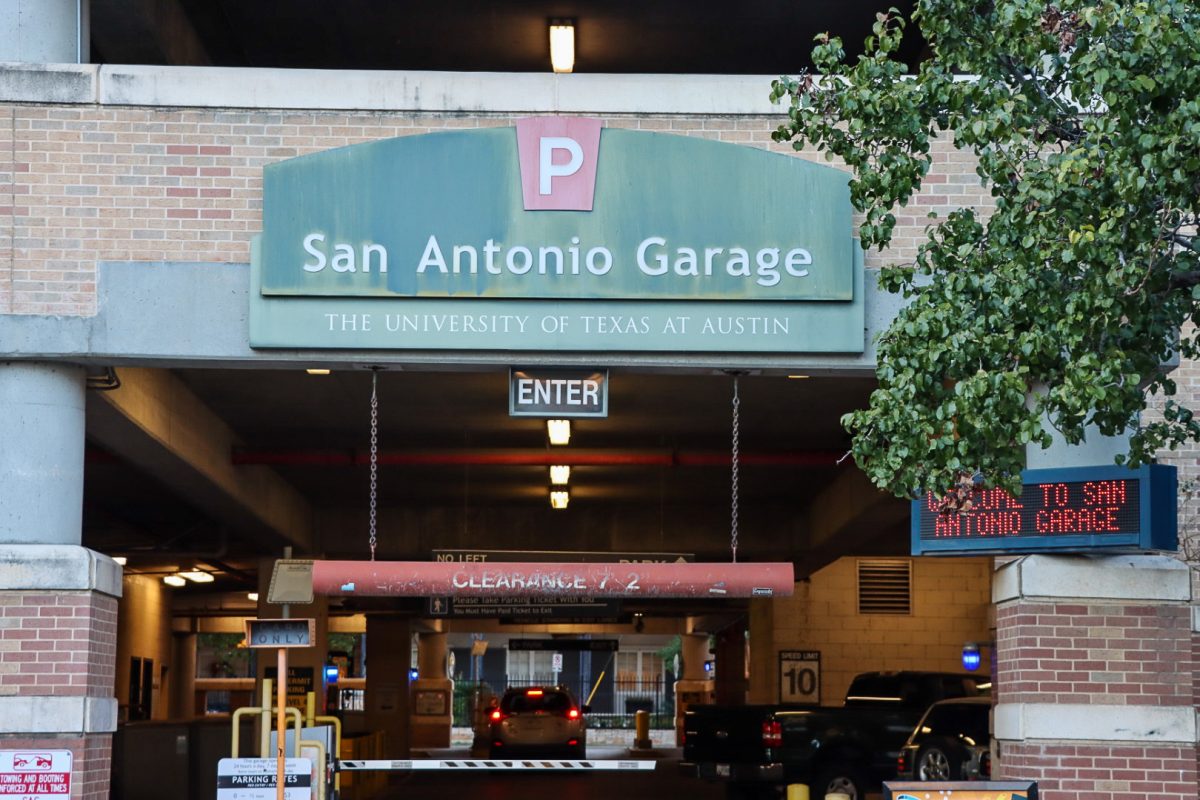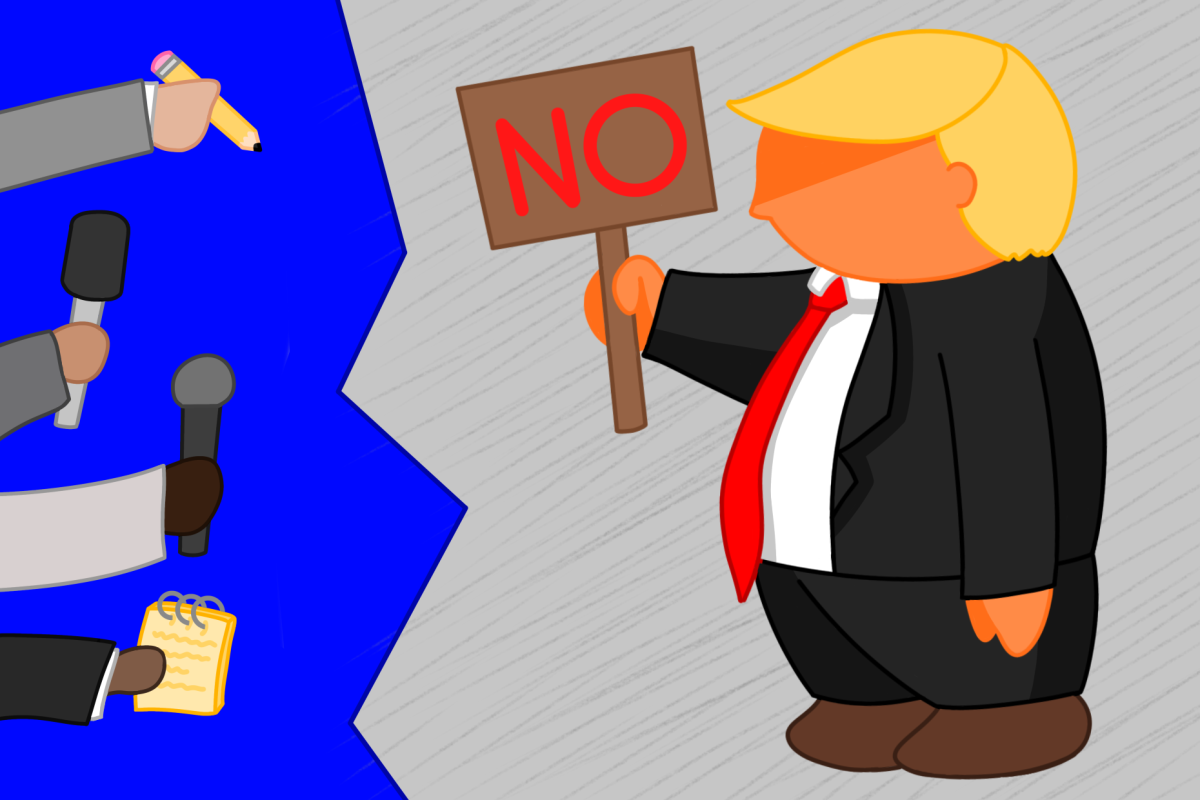Holton Carner, a junior advertising major at the University of Texas, spends nearly an hour each morning battling traffic on I-35 from Round Rock to make it to his 8 a.m. class. Even once he’s reached campus, his daily commute stress isn’t over. Finding a spot in his parking garage is a race against time, one that can make or break whether he’s late to class.
“It’s just a major stressor in the morning,” Carner said. “If I don’t find a space, I’m late to class. It’s one of the worst feelings.”
At UT, parking permit prices range from $174 to $832 annually, depending on factors like whether you’re a dorm resident or off-campus student, and whether or not you have access to parking lots or garages on campus. Permits for faculty members have distinct requirements with prices ranging from $198 to $735.
In Texas, several universities offer parking options that are cheaper than those at UT Austin. Texas State University student parking permits cost around $245 per year. Texas A&M University has annual permits starting at approximately $310, significantly less than UT Austin’s higher-end permit costs.
“I don’t think the parking fees are fair for students,” Carner said. “I know a lot of people just struggle paying tuition or getting groceries each week, so I don’t think an $800 parking pass is reasonable. It’s steep for a lot of people.”
For many students who live off-campus, the cost of parking is a major part of their financial burden. Faculty members face similar challenges. Many instructors and staff who commute to campus deal with high parking costs on top of other expenses.
Kevin Robbins, a UT journalism professor, chooses to commute from Dripping Springs, Texas, by taking the bus for various reasons, including cost, environmental impact and car maintenance. While he agrees that parking costs do impact the budgets of both students and faculty, he approaches the issue from a broader point of view.
“I budget two hours to get to campus. It rarely takes that long, but it sometimes does,” Robbins said. “I take the bus halfway and drive the rest. It’s cost-effective, reduces wear on my car, and has less of an environmental impact.”
While Robbins acknowledges that parking fees could be seen as a financial strain, especially for those who drive daily, he emphasizes that convenience comes at a price.
“Sure, the cost of parking affects us. Naturally, it does. But there’s also a price for convenience, and I don’t fault the University for charging us for parking,” Robbins said. “This University is a business, and it needs to stay afloat. So, while it would be nice if parking were free, I understand the need to charge for it.”
Student Government has a parking and traffic appeals panel that reviews parking citations on a case-by-case basis for students, faculty and staff. While no official resolutions on parking fees have been proposed recently, discussions have been ongoing about how to make parking more affordable for everyone on campus.
Jacob Tawny, a second-year government major and the student member on the Parking and Traffic Appeals Panel, shared current conversations that are being held by UT Student Government about this pressing issue.
“We’ve talked about alternatives like subsidized parking rates or flexible payment plans,” Tawny said. “There’s a lot of room for improvement.”
Parking fees at UT Austin are becoming an increasing burden for both students and faculty. While some accept the costs as a necessary inconvenience, others are pushing for more affordable options as cost of living increases in the city. Whether through subsidized rates or payment plans, the university must find a solution to ease the financial strain and ensure parking doesn’t become an added obstacle for those commuting to campus.
































